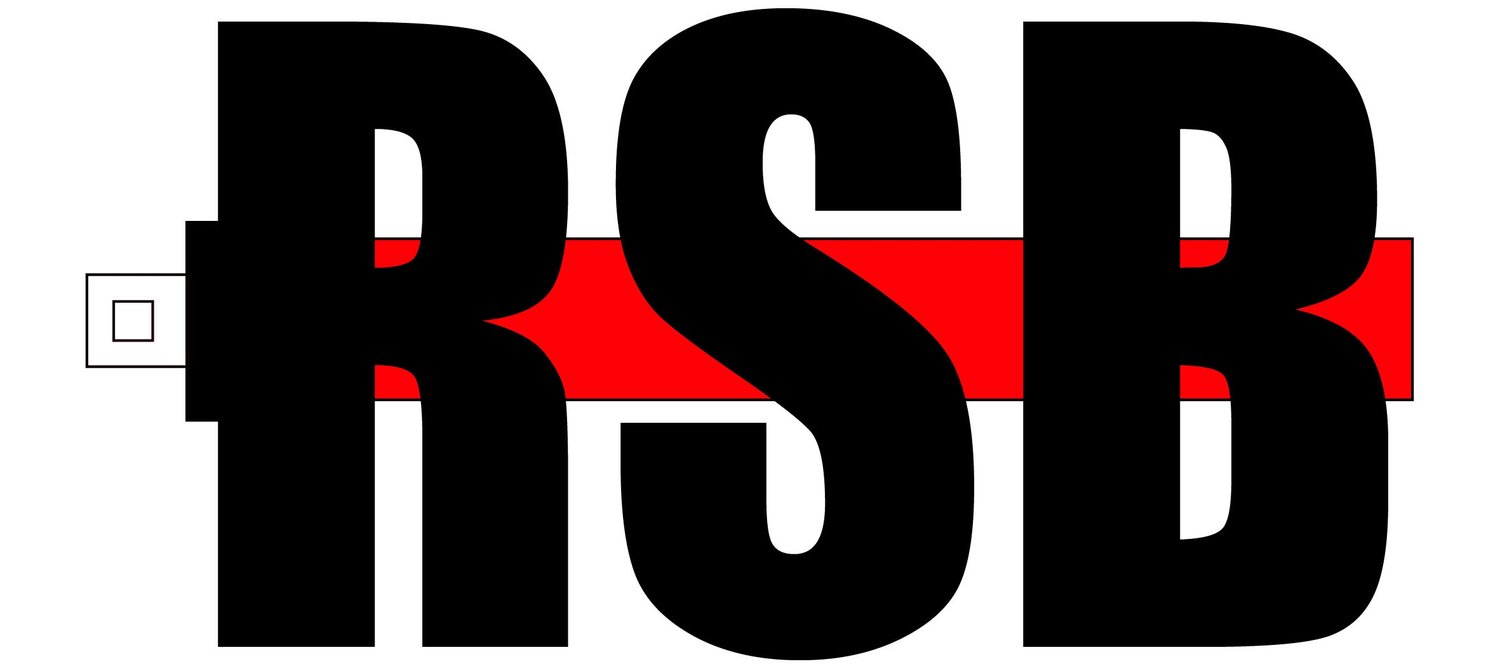[ Alto Works ] Japan Dry ABC Powder Fire Extinguisher, Part 1
Safety first… as long as it’s cheap enough. I’ll go into what I mean shortly.
My Alto Works project is a bit of a haphazard mix of used and new parts, put together by a guy who pretty much knows absolutely nothing about cars -- me. So let’s just say there is a fair potential for something catastrophic to occur, whether it be something as simple as a car having drivability issues to maybe, however small the chance is, a fire.
It is overly dramatic for me to say the car will catch fire, but I’m going to use this excuse to add yet one more thing to the car: a fire extinguisher. There is a reason race cars often require a fire extinguisher or a fire-suppression system to not only protect the driver, but keep damage in case of fire to a minimum. With a full race harness and a roll cage, the fire extinguisher will also need to be readily accessible.
As cars have a wide variety of materials, there are many potential sources of fire. The three major categories of fire that we are concerned with in a car are A, B, and C. Class A fires come from paper, plastic, wood, or textiles, as commonly found in automotive interiors. Class B fires are from grease or oil sources. Class C fires are electrical fires. A fire extinguisher installed in a car will need to protect and stop all these potentially dangerous fires.
Doing a bit of research, I discovered an unbelievably wide range of suppressants used in extinguishers, each targeting specific fuel sources. Suffice to say we only really need to know about ABC dry powder and Halotron I (or formerly Halon) extinguishers for our ABC needs.
ABC dry chemical powder extinguishers are cost-effective and effective chemicals that unfortunately can be difficult to clean up and may cause long-term damage to electronics and other metal components. Halotron I, replacing the much less environmentally-friendly Halon, is a “clean-agent,” which means it extinguishes fires without leaving significant clean-up residue. This means it can safely be used on sensitive electronic components without causing corrosion.
I don’t have cheap or easy access to Hal Guard (or similar Halotron gas) extinguishers. While you can buy a typical small HG100 bottle in the states for around $165, in Japan it is much more at 27000¥... or roughly $250 USD. Sorry, I love my little Alto, but that is more than half the price I paid for the actual car.
Unfortunately, while there is potential for mess and damage, it is much better to have something that could save a life than not have an extinguisher at all. It was difficult to decide which brand to buy, but I eventually settled on purchasing an ABC dry chemical extinguisher made by Japan Dry Chemical. The PAN-3AG is a compact size designed for cars and includes a fairly secure metal mount for about 5000¥($47 USD). It is made in Japan by a major company. With the ABC rating, it is good for all typical car fires that may occur in my car.
The installation will come next time!




